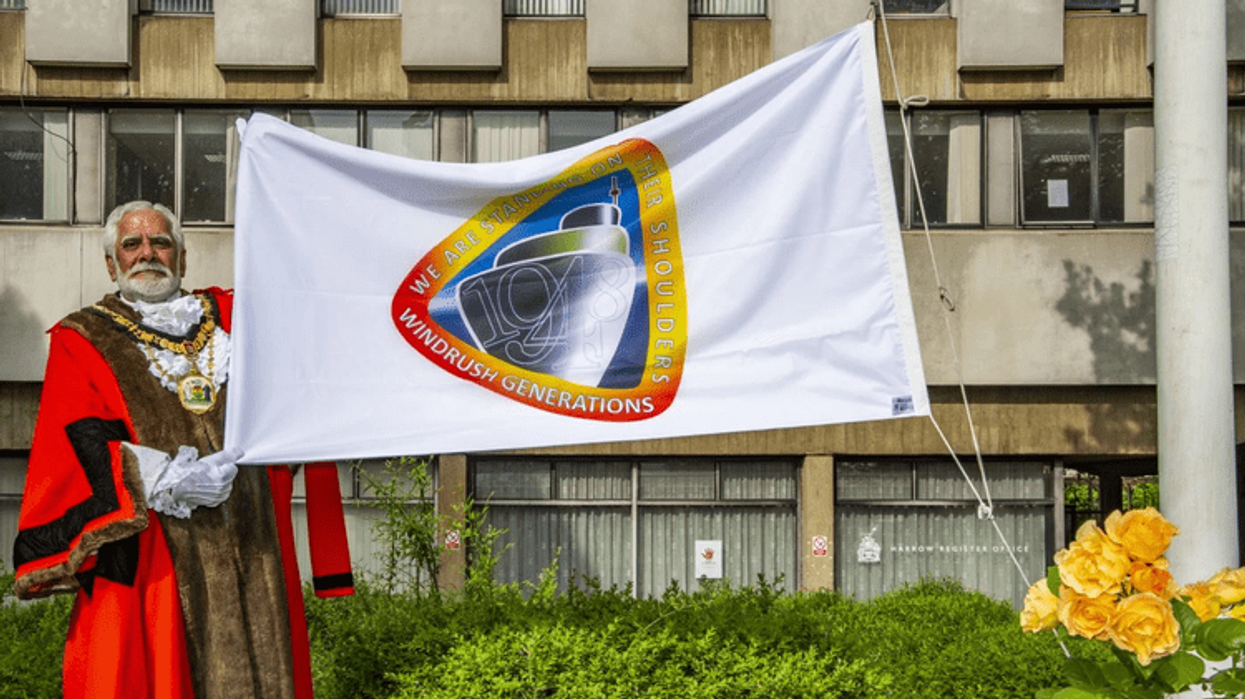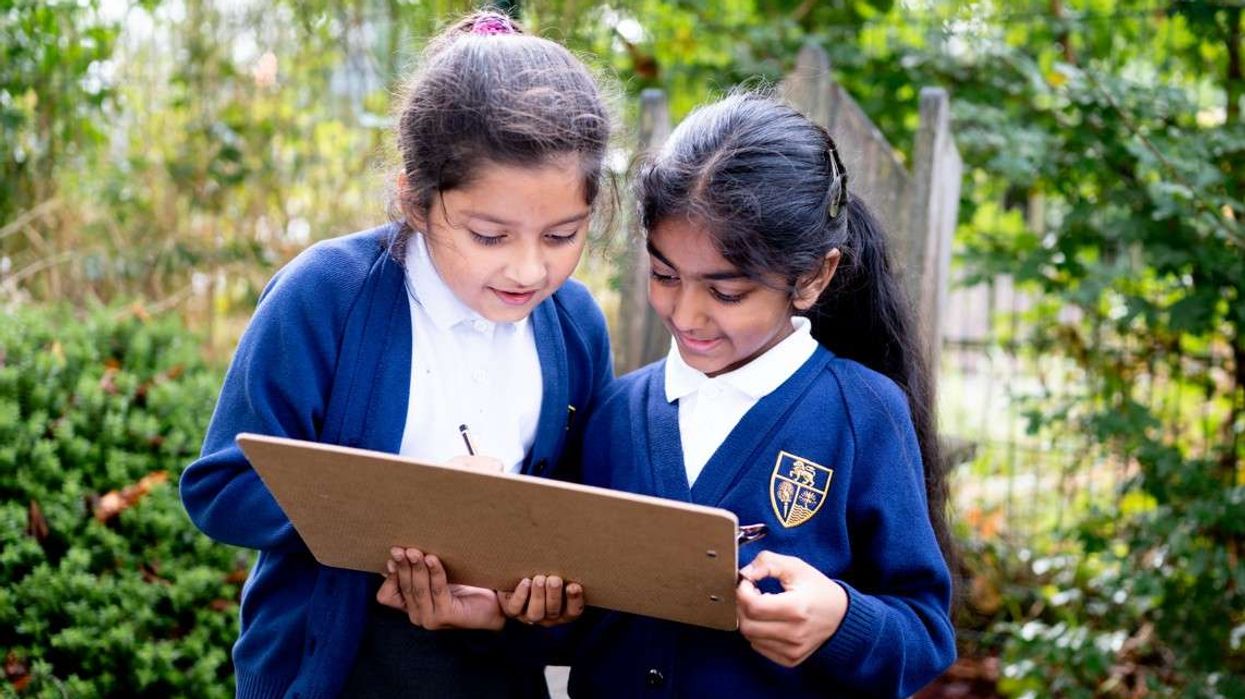MAJOR events will be held across Britain this week to mark the 75th anniversary of the arrival of Windrush on Thursday (22), a statement said.
As part of the celebrations, the Windrush flag is being raised in more than 200 locations across England and Wales, including at the Houses of Parliament and the Home Office, all network rail stations, over 20 hospitals and NHS sites, around 50 local authorities and at dozens of churches, schools, universities, theatres and community organisations, the statement added.
Windrush, the ship bringing new arrivals to the UK from the Caribbean, docked in Tilbury on 22 June 1948.
Birmingham, Leeds, Manchester, Bradford, Bristol, Ipswich, Edinburgh, Cardiff and dozens more across the country will host various events.
The Port of Tilbury marks the anniversary with a day of celebrations on Thursday. Free events at the London Cruise Terminal include performances by Woodside Academy steel band ‘Woodside Steel’, a Windrush exhibition by artist EveWright with workshops and talks from the National Archives and an ‘Ageless Teenagers Caribbean Tea Dance’.
“Windrush 75 is a chance to celebrate the diversity of modern Britain. It’s a time to acknowledge the legacy of those first Windrush pioneers, the challenges they overcame and the contribution they made to Britain," said Patrick Vernon, convenor of the Windrush 75 network.
“For many of us it’s about family: the parents and grandparents who paved the way and on whose shoulders we stand. This is a bittersweet moment, tainted by the injustice of the Windrush scandal. But ultimately it’s a time to celebrate this milestone for Britain and for the Black community.”
A Windrush 75 service of Thanksgiving will be at Southwark Cathedral, London on Thursday. Brixton will see a 22 June Windrush procession, culminating at an event on Windrush Square, a Black Culture Market showcasing black businesses, a history event at Lambeth Town Hall and a programme of events as part of the Voices of Windrush festival.
London Underground and Overground trains will display poems by six poets with close Caribbean and British links, as part of the ‘Poets on the underground’ initiative. The Radiate Windrush festival takes over Southwark’s Burgess Park on Sunday (25).
Birmingham will mark the anniversary by raising the Windrush flag in Centenary Square, a reception with the Mayor and Birmingham Rep hosting a special awards ceremony with a performance by a newly formed children’s choir, The Next Generation Choir Birmingham. Also, a thanksgiving church service will be held on Sunday.
“It is an honour to witness so many organisations raising greater awareness of the Windrush Generation, through this special flag raising and other events that instil a real sense of belonging," said Nigel S Guy, director of Windrush Generations, who are coordinating the nationwide flag-raising initiative.
“We are all here saluting the contributions of the Windrush Generation. We are standing on their shoulders. Let us all keep Raising the Standard for Windrush.”
“The West Midlands has been enriched in so many ways by the Windrush generation and those who followed. 75 years on from Windrush, our region’s diversity – and the everyday integration of people from a remarkable range of backgrounds living side by side – is one of our greatest strengths," said Andy Street, mayor of the West Midlands.
"Together, we should acknowledge past contribution and look forward to a bright and harmonious future in the months and years ahead.”
Bradford hosts its Windrush Day parade on Saturday (24), revellers in Manchester will gather in Alexandra Park and in Sunderland the African Caribbean community centre promises music, food and dancing.
In Wales, Cardiff hosts an event at the Senedd Parliamentary building, to which Windrush Elders will march, wrapped in their National flags. In Scotland, people in Edinburgh will enjoy an intergenerational Caribbean celebration with music, dance and poetry, the organisers said.
“The scale of this week’s anniversary celebrations shows an enormous public appetite for a better understanding of our history. The story of Windrush helps explain why our multi-ethnic society looks as it does today," said Sunder Katwala, director of thinktank British Future.
“We can be proud of the progress we have made in 75 years on race, but must also acknowledge how far we have yet to travel. So we should look to the future too – to the society we want to be sharing in 25 years time when we mark Windrush 100, and the action we need today on racial inequality to help us get there.”
A recent Focaldata polling for the British Future has revealed that six in 10 people (61 per cent) feel that the 75th anniversary of Windrush is important for the country. That rises to 71 per cent of ethnic minorities and 84 per cent of black Caribbean Britons.














